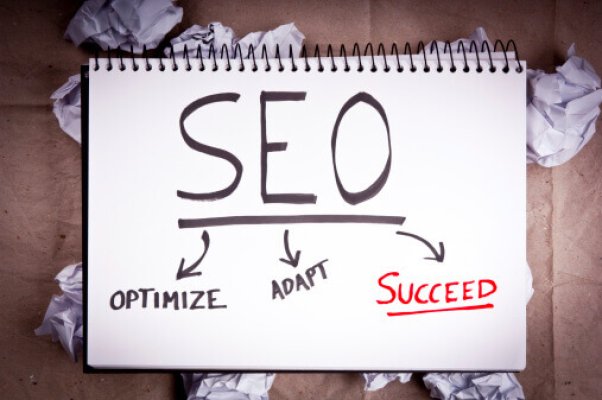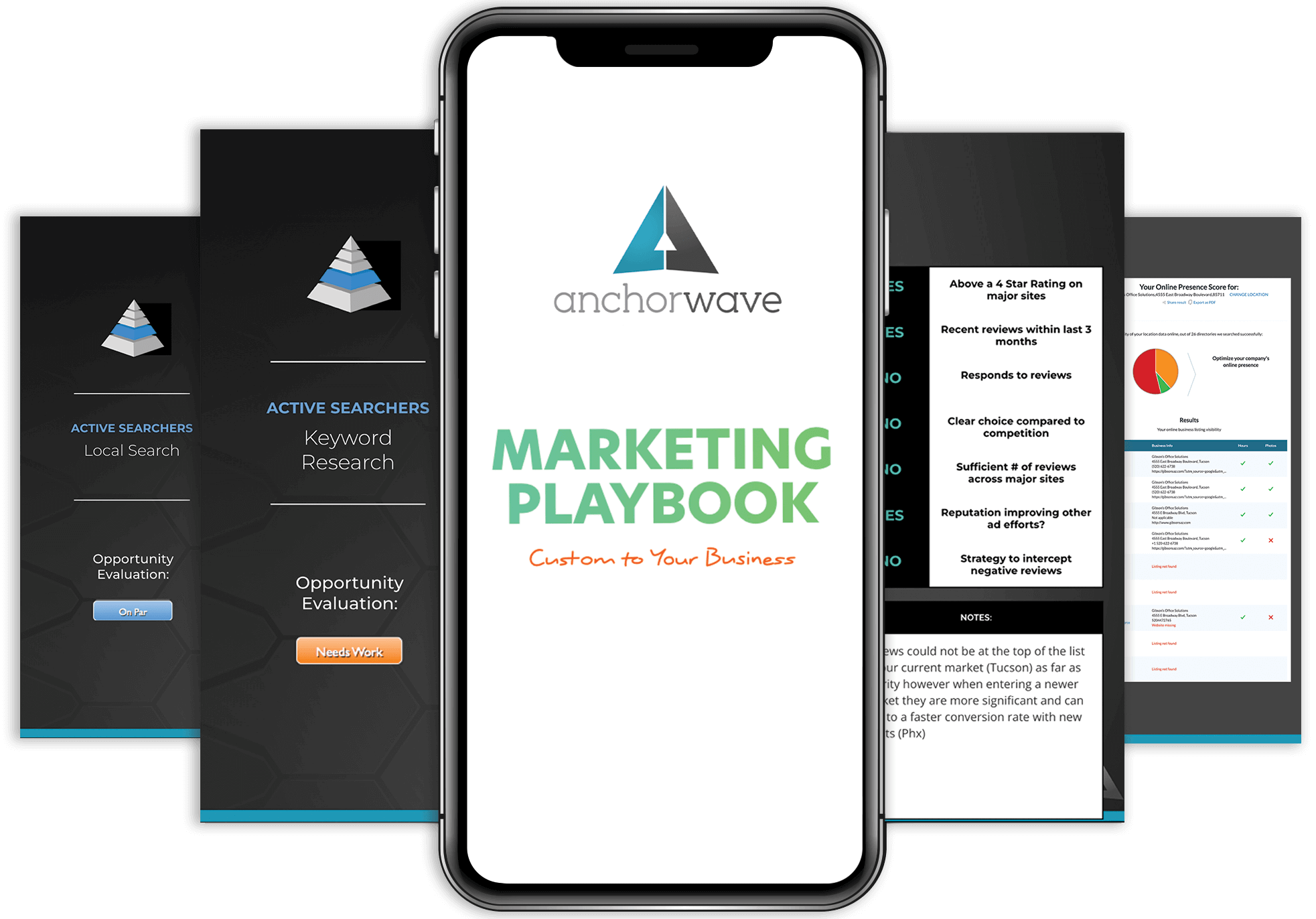SEO drives consumers to your website by raising awareness of your brand and allowing your business to serve as an answer to a question that consumers are asking. For example, when someone searches for “plumbers in Tucson, AZ”, your website may be among the first results if you have a strong SEO game. Of course, when someone is searching locally with a location tag, the top businesses displayed in search results won’t be those who rank highest in organic SEO alone. They’ll be the ones who have a strong local SEO game, which is what we’ll talk about in this Q&A.
What defines local SEO?
When we talk about local SEO, we’re talking about ranking in search results where a geographical component is involved. This may be an explicit geographic tag that’s included in the search itself—for example “Greek restaurants in Tucson”—or it may be implied. Someone who is searching for “Greek restaurants” on Google will likely be shown Greek restaurants near their current location, even if they didn’t type a location into the search bar. However, if a user searched for “Greek recipes,” there may not be any geographical data attached, so local search results will not be relevant. Local SEO will also influence search results when someone is searching for businesses on Google Maps or other mapping applications.
Why are local results so powerful?
When there is a geographic component to a search, a local pack of listings will appear before organic search results, providing a prominent position to get noticed by consumers searching for specific keywords. Therefore, if you’re only focusing on boosting your organic search rank, you may miss some essential steps that could put you within or even at the top of the local listings pack.
How is improving local SEO different from boosting organic SEO?
If you only utilize organic SEO, you will miss out on important steps for ranking in local results. This includes on-page actions, such as using schema language to highlight data including your business name, address, and phone number (NAP) and building out a broader citation portfolio. You also need to manage your Google business page to optimize for the same keywords as your website, to ensure cross-platform consistency.
Can’t I just set up a Google business page and move on?
When determining local search results, Google looks at both your website and your Google business page, which means that both require analysis and upkeep to continue yielding visible ranks in local results. If you change the keyword strategy with your website, you should edit your Google business page to reflect these changes as well.
Where do keywords fit in?
Keywords function much in the same way for organic SEO as they do for local SEO. They place markers for certain search terms so that users can find pages that are relevant to what they need. However, the difference with local SEO is that you’re competing for keywords in a much more specialized arena, and if you are among few providers of a service in your area, local SEO can make you stand out much more to an audience that’s only in the place you do business (and maybe even the surrounding communities). You also need to utilize keywords in both your website and your Google business page, and in both instances, they should not be overused or spammed, because this will only penalize you in local search ranks.
Why are citations important?
It’s hard to discuss local SEO without talking about citations, and if you haven’t ever done much with local SEO, you might not really know what citations are—let alone how to get more of them. Citations offer the same type of SEO juice to local SEO that backlinks provide for organic SEO. The difference is that citations do not actually need to contain a link. Instead they should contain a listing of your business on an outside directory. More specific, hyperlocal directories will carry the most weight, but even mentions on Yelp, Foursquare, and Facebook can count in your citation portfolio.
Do I have to do it all myself?
As with other components of your digital marketing, you can largely automate or outsource your local SEO. There are programs specifically to boost your citation portfolio, and an effective SEO strategist will include a local component when designing your marketing plan.
If you want to improve your rank in local listings, turn to Anchor Wave for real solutions that are proven effective for small business marketing. Call us today to speak with a local marketing expert on SEO, directory management, and social media marketing to utilize a comprehensive approach for boosting your brand in the place you do business. You can reach us at (520) 622-3731 or by visiting our website.

